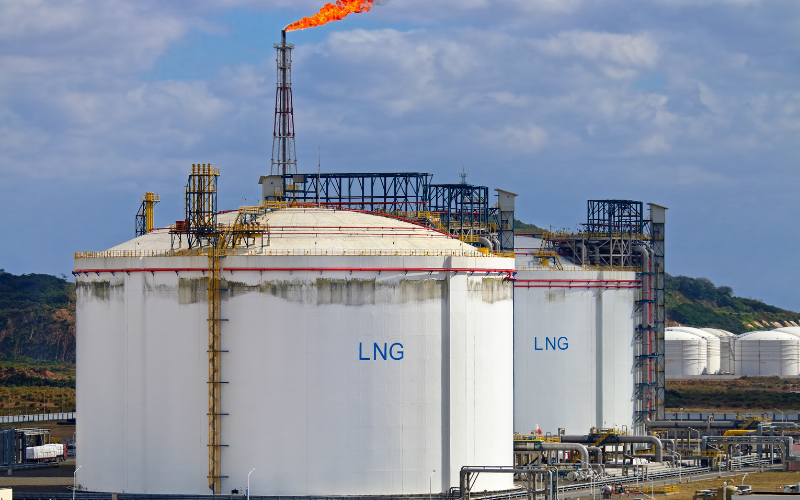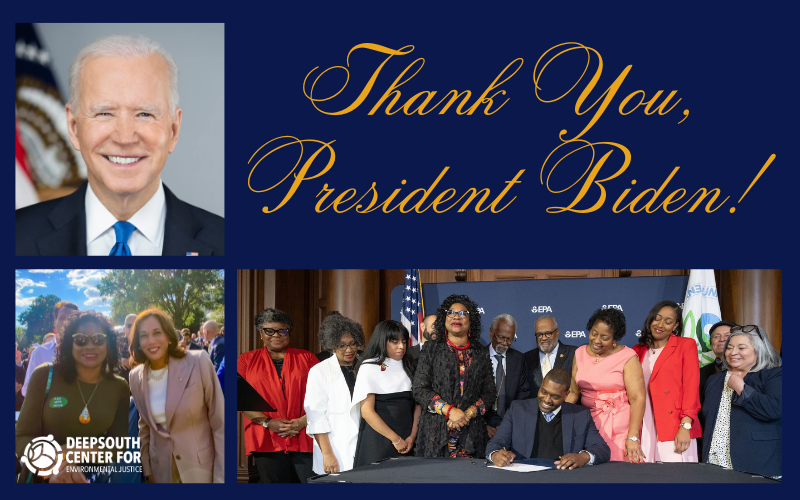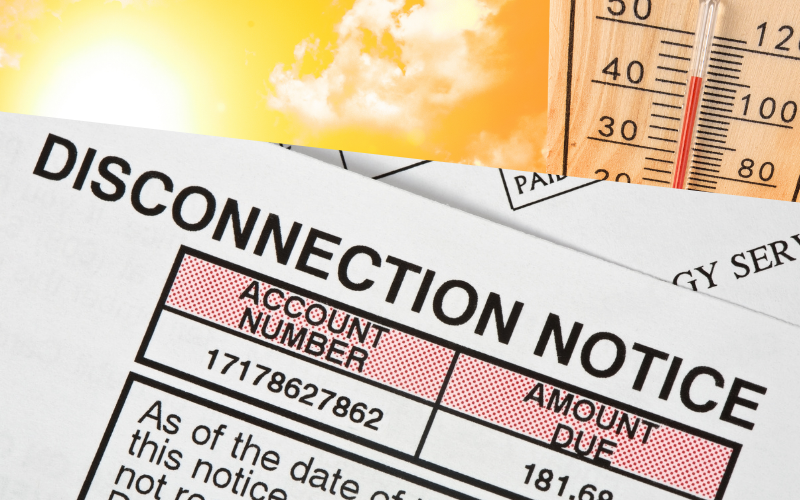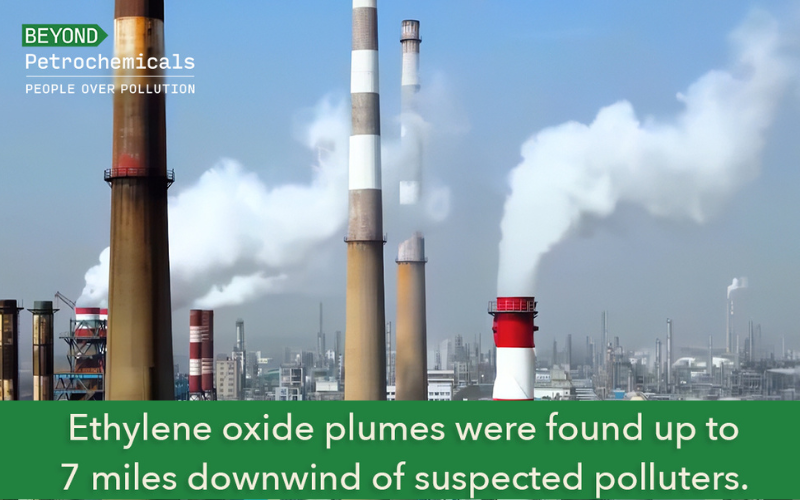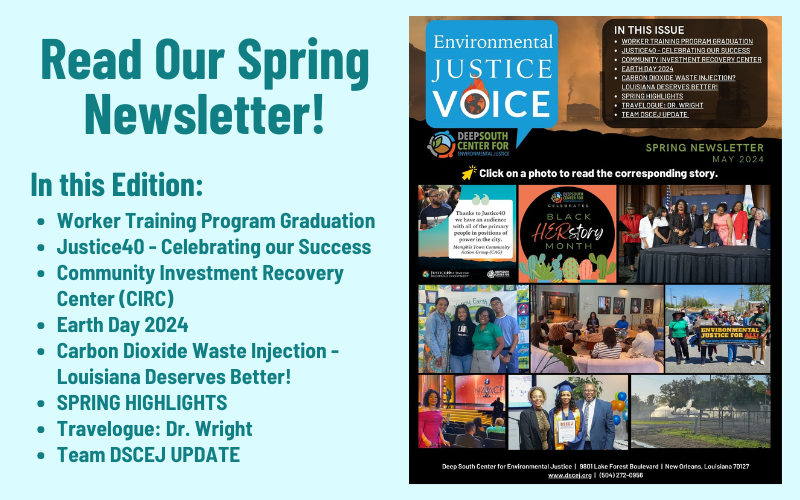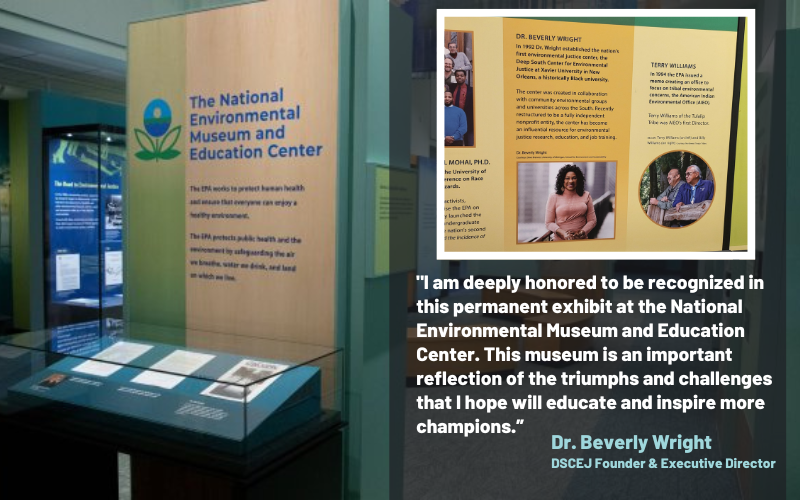Deep South Center of Environmental Justice, Sierra Club, and Healthy Gulf hope to prevent further construction of a fracked gas export facility that will further harm Black and Indigenous communities in Southern Louisiana without the proper environmental precautions
FOR IMMEDIATE RELEASE: November 15, 2022
(New Orleans, LA) – PLAQUEMINES PARISH, LA – Last week, Deep South Center for Environmental Justice, Sierra Club, and Healthy Gulf filed a petition for judicial review against the Louisiana Department of Natural Resources (LDNR). This petition follows the LDNR’s decision in a one-page letter to illegally exempt Venture Global Plaquemines LNG, LLC from obtaining a Coastal Use Permit for further development of a fracked gas export facility under construction in Southern Louisiana. The LDNR’s decision provides no analysis, finding of facts, or any showing that it considered the data and scientific reports showing the immense damage that can result from the Venture Global Plaquemines LNG facility.
Located 35 miles south of New Orleans in the Plaquemines Parish coastal zone, the Venture Global LNG facility will contribute to the climate crisis and cause irrevocable damage to surrounding communities of color. Construction of the site will destroy nearly 400 acres of vulnerable wetlands that serve as a storm buffer for nearby communities including New Orleans.
An affidavit by Dr. Ivor Van Heerden concludes that the existing and proposed levees around the LNG site are inadequate, risking surge flooding and levee failure for major hurricanes and other severe storms. “Substantial design flaws in the proposed storm wall and construction process pose substantial risk of a levee failure. Failure of any levee and especially the I-wall ring dike will result in catastrophic release of chemical contaminants towards Barataria Bay impacting wetlands as well as the waters of the Bay. The impact to wetland fauna and flora would be immense,” according to Dr. Van Heerden’s affidavit.
Just last year, Hurricane Ida, a Category 4 storm, flooded the site for over a month. With an operational LNG facility at the location, a similar storm would release pollution into homes, businesses, farmland, and coastal waters. Further disruption to these coastal lands continues an unjust pattern of people of color bearing the brunt of the climate crisis despite contributing to it the least.
By not requiring Venture Global to obtain a Coastal Use Permit, the LDNR has put the priorities of a large corporation ahead of the safety of families in Plaquemines Parish. Despite input from the scientific community and lessons from previous natural disasters, the LDNR unlawfully ignored the damaging effects of the facility. When presented with facts and data necessitating Venture Global Plaquemines LNG apply for a Coastal Use Permit, Thomas Harris, Secretary of the LDNR, said, “. . . I do not find that conditions have changed sufficiently for me to reopen this matter.”
“The LDNR continues its track record of failure to execute its duty as a public trustee under the Louisiana Constitution which harms Black and Indigenous communities and damages our coast,” said Monique Harden, Assistant Director of Law and Public Policy at Deep South Center for Environmental Justice. “Venture Global is not above the law that requires companies to minimize harm in a coastal zone.”
“The LDNR’s refusal to require a Coastal Use Permit for Venture Global’s Plaquemines LNG facility puts frontline communities and precious Louisiana coastal waters at severe risk, and we look forward to the court’s review,” said Lisa Diaz, attorney for Sierra Club.
“The people of Louisiana have to endure enough with natural disasters threatening our coast and way of life. We absolutely do not need the compounded risk of environmental damage caused by facilities in the aftermath of detrimental storms, yet we see this happen time and time again,” said Jessi Parfait, a citizen of the United Houma Nation and Sierra Club Beyond Dirty Fuels Campaign Representative. “In the face of evidence, LDNR is refusing to do what is right and are instead choosing to risk the lives and health of communities who are already vulnerable because as a resident of coastal Louisiana, we know it isn’t a matter of if we will get another big storm but when.”
“The LDNR’s decision that a Coastal Use Permit isn’t required runs contrary to what we know about this Environmental Justice community in Plaquemines Parish that already had a backlog of wetlands restoration needs before the impacts of Hurricane Ida,” said Scott Eustis, Community Science Director for Healthy Gulf.
Contact:
Ginger LeBlanc | gingerl@dscej.org
Valerie Keys | vkeys@skdknick.com
About the Deep South Center for Environmental Justice
Families in the Gulf Coast deserve to live in communities that are free from deadly air and are more resilient to climate change and extreme weather. The Deep South Center for Environmental Justice (DSCEJ) works to empower and engage communities to put environmental justice and equity at the center of all climate action. Led by environmental justice scholar and advocate, author, civic leader and professor of Sociology Dr. Beverly L. Wright, the DSCEJ uses research, education, and community and student engagement to advocate for policy change, lead health and safety training for environmental careers, develop social and emotional community wellness programs, and create new and environmentally healthy opportunities for the residents of communities disproportionately impacted by historic environmental injustice.

